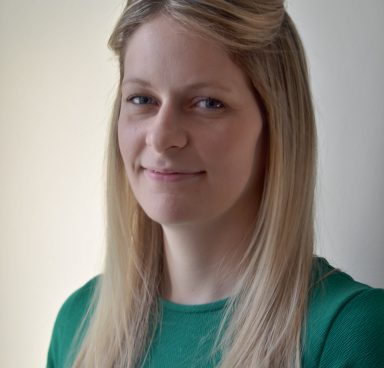May 2020
What do we know about equality, diversity and inclusion (EDI) in the sector? How can organisations be supported to improve their own practices? Can we learn from other sectors and what measures need to be taken to achieve positive change? These are a few of the many questions being tackled by a new Link working group aiming for EDI to be considered at every level within all organisations.
The action -focused group are developing a range of approaches to tackle the challenge. Sharing of best practice is vital, whilst considering the challenge that many organisations will be at very different stages of their EDI journey. To increase diversity within the sector, including increasing inclusion for volunteers and members who are key to our work, we must consider our own internal practices. Are we truly inclusive? Are we able to inspire the next generation whatever their backgrounds and where they come from to see the natural world as something they wish to know more about?
One key discussion that has featured is buy in from leadership. The importance of a top down approach, as well as pressure from within staff, is crucial to drive culture change in organisations. Incorporating EDI into strategic thinking allows diversity to be incorporated into the everyday life of a working environment, including within recruitment practices and training of staff members.
Here at the British Ecological Society (BES) we are fortunate enough to have buy in from all levels. Our equality and diversity working group is Chaired by the BES President and is influenced heavily by our Chief Executive. There are three values at the heart of all that the BES does - one of those is Inclusivity, it permeates through every level of strategic planning through to individual’s day to day work. Consideration of how EDI can benefit your organisation’s strategic aims, not just in isolation, can demonstrate the value of your efforts and how imperative EDI is to an organisation.
But how do you get support from leadership if you find yourself battling to get heard? Embedding new cultures within an organisation can seem impossible and organisation size can also play a role. Producing a business case for the benefits of EDI is clear. A good starting point could be to carry out an initial scoping exercise of what is currently being done, what could be done better and how improvements could affect the overall working of an organisation. Seeing positive examples of where it has worked for others is valuable and this is where the sharing of best practice can help.
The discussion continues, and is likely to be ongoing. Initial scoping work by the new Link working group hopes to incorporate the barriers that organisations face, provide solutions of support, and work towards the enormous challenge of improving equality, diversity and inclusion within the sector for the better.
Amy Padfield, Education & Engagement Manager, British Ecological Society
Follow @BritishEcolSoc
The opinions expressed in this blog are the author's and not necessarily those of the wider Link membership.




Latest Blog Posts